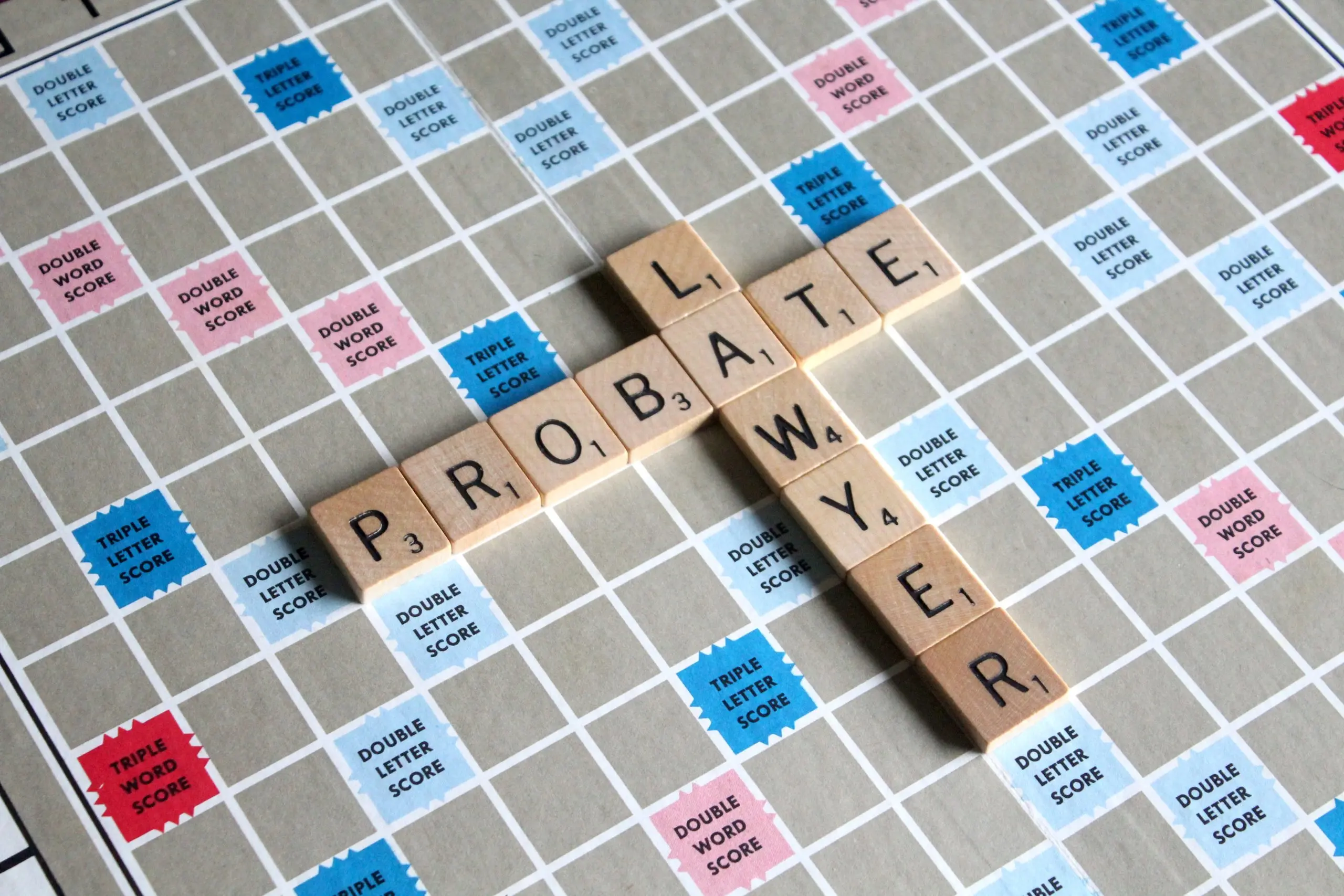Whether you’re a new investor or an experienced one, a probate list could be a valuable resource you may want to add to your repertoire. It’s possible to turn a big profit from buying a probate property because they’re usually priced lower than market value. However, it’s important to know exactly what you’re getting yourself into.
Forget Probate List: What Does Probate Mean?
When someone dies and they don’t leave a will or the will doesn’t clearly state how their assets should be divided, the state probate court will step in. The court will look at the will (if it exists) and validate its authenticity. The heir(s) will then get to decide what to do with the assets.
In the event there isn’t a will, the court will oversee the sale of the deceased assets (namely any real estate, cash, and investments).
If the deceased was in debt when they passed, the money made from the selling of assets will go toward satisfying their debt. Any money left over will then go to the deceased’s family.
The Probate Real Estate Process
Typically, there are four steps to the probate real estate process, but it may vary depending on your state. At the beginning of the process, whoever the deceased person named as their heir will become the Executor of the Estate. If no heir was named (or there’s no will), the probate court will appoint an administrator to act as Executor.
Next, the property will need to be appraised in order to get an idea of what the property is worth. A real estate agent who is familiar with probate sales will then look at comparable properties to finalize a listing price. They’ll then list the market and market it like any other property.
Once the property receives an offer, the agent will start the negotiation process until both parties are happy with the terms of the sale. When both parties have agreed to the terms, an official letter will be sent to the heirs of the estate. They will have 15 days to object to the sale of the property. If no one objects, there will be a court date scheduled to make the sale official.

How to Make an Offer on a Probate Property
Making an offer on a probate property isn’t like making an offer on a regular property. You guessed it, there’s a process you must follow:
- Make an offer (in writing) to the estate’s representative.
- Wait for the estate representative to accept, counter, or decline the offer.
- If the offer is accepted, the representative will file a petition with the court. Depending on the court, this can be done in a few days or a few weeks.
- You must pay a 10% deposit on the property. You may not get the money back if you back out of the deal.
- Attend the confirmation hearing to finalize the deal.
- Don’t celebrate just yet because there may be other parties who will outbid you. The property will then enter an “auction” type scenario where the judge will increase the price incrementally until the highest bid wins.
- If your original bid was rejected, you can still attend the probate hearing and try to outbid the other parties.
Probate Process Timeframe
Now, after reading that, it sounds like the probate process could be wrapped up pretty quickly, right? Wrong.
Unfortunately, the probate process is not a quick one. If you’re familiar with the United States court system, you know how long it takes for anything to move through the courts. For estates where there are several heirs and a lot of assets to go through, it’s going to take several months. When you take into consideration taxes and other debts the deceased still had, it could take longer.
To make things more difficult, state and local laws could prolong the process even further. North Carolina, for example, has eight chapters that touch on the subject!
Note: FindLaw compiled an extensive list of estate and probate laws for each of the 50 states. You can find that article here.

How to Find a Probate List
Investors who are eager to get the ball rolling might be wondering how they can start buying probate properties. Generally speaking, there are a few ways you can find a probate list:
1. Probate Attorneys: What better way to gain access to probate lists than by connecting with probate attorneys? They can help you navigate the ins and outs of buying (and selling!) probate properties.
2 . Real Estate Agents: A real estate agent is a key player in any real estate deal. The estate representative will find a real estate agent who is familiar with probate sales to help them put the house on the market and advertise. You, as a buyer, can ask a local agent for help finding probate listings.
3. Probate Court: You can get a probate list directly from the probate court. You’ll want to file a request (either online or in person) of recently filed cases and once you receive that list, look for the active cases with real estate. You’ll then want to reach out to the estate’s representative and let them know you’re interested in buying the property.
Note: Be aware that probate records aren’t listed in a “probate court” or “probate court docket.” They’ll be found under “surrogate’s court,” “orphan’s court,” or “circuit court.”
To learn more about requesting records from the court, The Balance has a great article called “How to Locate and Request Online Probate Court Records“.
4. Local Newspaper: Your local newspaper is another good place to find probate properties. Either you’ll find potential leads in the obituary section or you can find some ads posted by local real estate agents who are advertising probate properties for sale.
5. Online: You can find everything online and probate properties is no exception. You can look through local Facebook groups and community websites, but you can also use Google and real estate listing sites like Zillow.
Pros and Cons of Buying Probate Real Estate
As an investor, trying to buy a probate property may sound like it would be nothing but a big headache. That isn’t necessarily the case. As with everything in life, there are pros and cons to consider.
Buying a Probate Property: The Pros
1. Price: Probate real estate is often sold in as-is condition, therefore they’re usually listed between 30% to 40% below market value. Cha-ching!
2. Competition: Since investors usually opt for foreclosure or short sale properties when they’re looking for a bargain, you’ll have less competition vying for the same properties.
3. Profit: If you’re able to find a good deal on a property that doesn’t require a lot of work, you have the potential to make a lot of money if you decide to sell. Even if you intend on turning the property into a rental, you’ll be able to ask for higher rent if you renovate.
Buying a Probate Property: The Cons
1. Lengthy Process: We mentioned it before and we’ll say it again — the probate process can take anywhere from several months to several years to be finalized.
2. Costs Add Up: Since the properties are sold as-is, it may need a lot of work before you can sell or rent it. And depending on the extent of repairs and renovations the property needs, it’s possible to spend more money on the repairs than anticipated.
3. No Contingencies: Most real estate deals will include some contingencies to protect the buyer. With probate, contingencies aren’t allowed. Even if during the appraisal or inspections there are major issues, the buyer is stuck between a rock and a hard place. Do they continue with the sale and pay for the needed repairs, or do they back out of the deal and lose their deposit?
Grow Your Wealth with Probate Properties
Creating a real estate investment plan that includes buying and selling probate properties can be a good way to grow your wealth. The properties are usually listed well below market value and often times there’s little competition.
Yes, it’s true that the probate process can take a lot longer than a normal transaction. However, the earning potential can outweigh the wait. If you buy a property, fix and flip it, you can make your money back and then some.
Of course, you do have to do your due diligence, not just in terms of the property’s condition, but you’ll want to make sure you assess the location to make sure the area is still desirable.
If the area is in decline and property values are dropping, then you’ll want to invest your money elsewhere. This is why connecting with a real estate agent with probate sales experience is a must.
There’s no greater thrill than finding a great deal, making an offer, the offer being accepted and ultimately winning the deal. Just remember that the property you’ve chosen off the probate list is sold as is and be prepared for whatever lies ahead.







